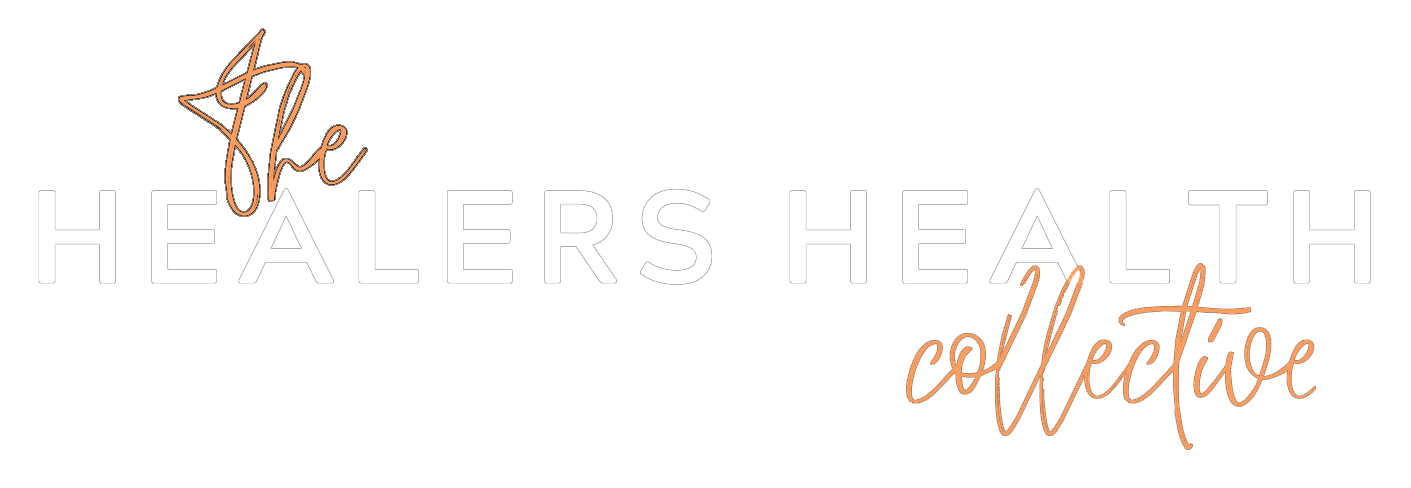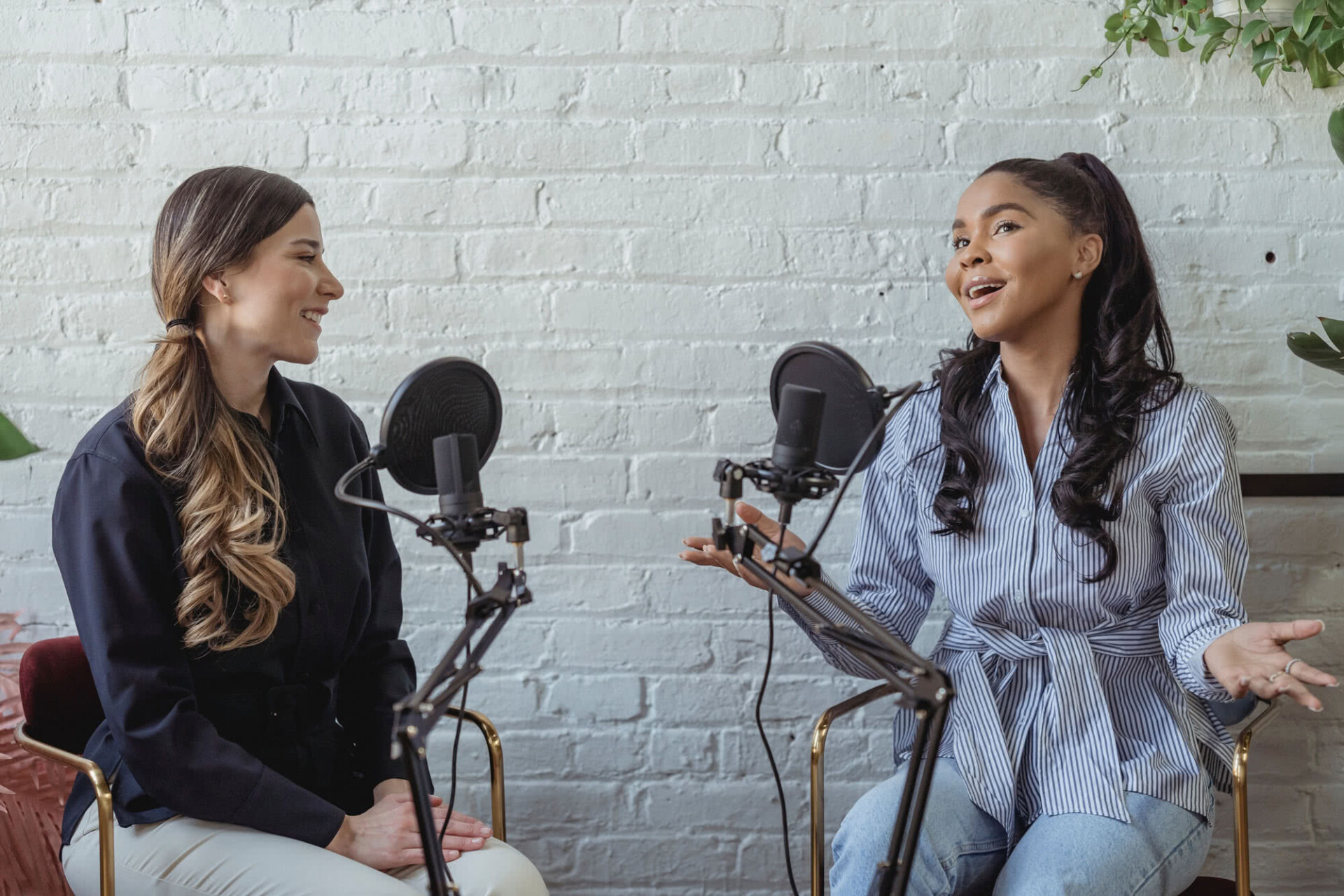If someone had told me at the start of med school that I’d one day create Junior Doctor’s Corner and become a podcaster, I wouldn’t have believed them. I was always a writer, I even wrote a blog during my undergraduate degree and the first couple of years of med school.
Fast forward to internship, I was having the toughest time of my life. Between getting yelled at by a registrar and missing lunches to keep on top of my workload, I thought I was struggling because I was a bad intern, a bad doctor. I did eventually learn that just because I was struggling doesn’t mean I was a bad intern or doctor. However, during that period of my life the only thing I looked forward to on my workdays was my 20 minute commute when I could tune into my favourite podcasts.
As I moved onto residency, my passion for supporting junior doctors and medical students amplified. I spent months scribbling on notebooks ideas on how to best provide the support that I wish I had received as an intern. After lots of bouncing ideas back and forth among a couple of close friends, Junior Doctor’s Corner was born.
The Junior Doctors Corner podcast has now passed its second anniversary, so I’d like to think I’ve learnt a thing or two about starting a podcast. Here are my four most important steps to conquer for you to start your own too:
1. START
It took me a good two months of procrastinating and doubting myself before I finally worked up the courage to ask my friends to be speaking guests on the first couple of episodes. What motivated me to take the plunge eventually was this quote that I came across.
Progress is better than perfection
Most doctors are perfectionists. Whilst that means we tend to produce great quality work; it can also mean that we sometimes delay or talk ourselves out of starting projects when we predict the result may be less than perfect. Just like how no one would expect an intern to perform at the level of a consultant, please take the pressure off yourself on producing a seamless professional quality podcast. Just start.
2. EQUIPMENT
I’m sure you’re expecting me to say you have to buy this software and that mic in order to record your podcast. Nope. As per my previous point, it does not have to be perfect. Sure, you can buy all the fancy equipment in the world, but unless you get over that first mental hurdle, you’re never going to even record your first episode. All you truly need to start a podcast is a pair of earphones with build-in microphones, an audio recorder (ie mobile phone recorder) and a simple audio editing software. I upgraded my equipment as I progressed and became very comfortable and committed to producing podcast episodes, however these things were all I started with. You’d be able to hear the difference in audio quality comparing episode 1 and episode 30 but that is not the most important thing. Just start.
For your interest, I’m currently using a Blue Yeti Nano mic and a pop filter for recording over Zoom. For audio editing, I’ve been using GarageBand from the get-go and recently started using Auphonic to help improve sound quality. These are by no means the best equipment on the planet for podcasting but does it matter? Not in my opinion, because progress is better than perfection.
3. PLANNING
Before you even press “record” for your first episode, please take a step back and plan your upcoming episodes first. Decide what topics you want to cover, which guests you want to interview (this may not be relevant if you want to be soloist), how long you want your episodes to run for, and at what intervals you want to release your episodes. The reason why I encourage aspiring podcasters to do this is you want to keep the momentum going.
Most podcasts “fail” (or don’t last) not because no one wants to listen to them, but rather because the creators stop making new episodes.
I’m always far ahead on my recording schedule compared to my editing schedule. This means I have a minimum 2-3 episodes recorded, waiting to be edited and published at any one time. That way I can keep up my fortnightly release schedule even when things are hectic or stressful with work and study. I don’t have to worry about coming up with an episode idea at the last minute and panic when a guest has to unexpectedly postpone the interview.
4. CONTENT
What’s going to help you produce a well-loved and recommended podcast will not be your pristine audio quality but your content. Don’t worry if you’re saying too many “um’s and ah’s” during your recordings, they can always be taken out during the editing process. A beginner podcaster once admitted to me that she took an hour to record a 5-minute segment and was getting frustrated. She was fixated on sounding perfect so every time she made a mistake, instead of carrying on with the recording and editing it later, she’d stop, delete the entire audio track and start it again. To avoid falling into this trap, tap into what you really want to say.
Let your passion and enthusiasm shine through your audio.
The best way to achieve that is to actually enjoy the process which includes having fun with the guests you interview and loving the topics you cover.
For me, podcasting allows me to stretch my creative muscles, connect with other like-minded doctors and contribute something meaningful to junior doctors at the same time. It also helps me remember that I’m a human being, more than just my job as a doctor. It’s something I thoroughly enjoying doing and find solace in. I hope it can do the same for you.
Happy podcasting!




